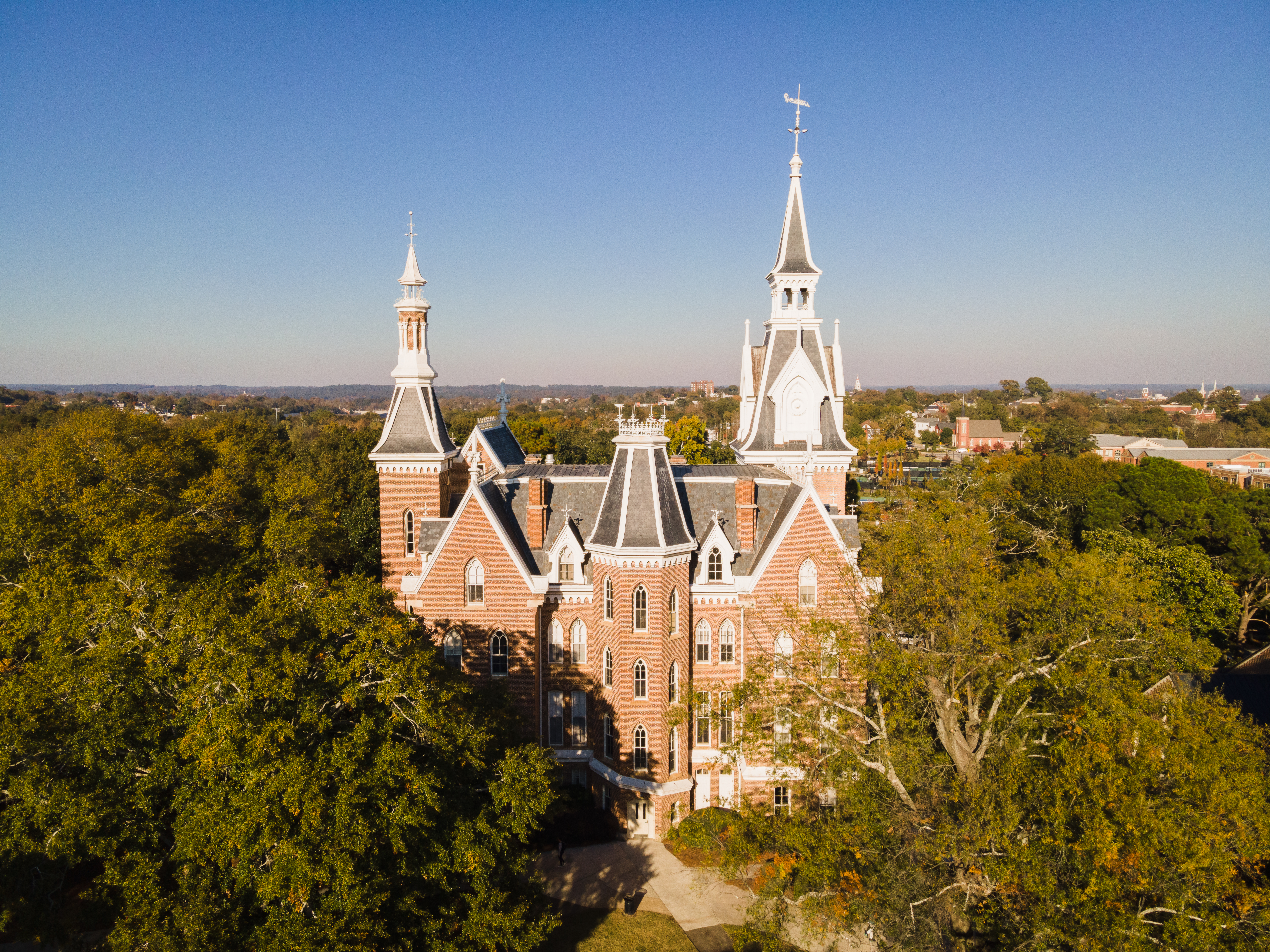By Haley M. Cawthon
In the late 1960s, an eight-year-old girl was diagnosed with lupus, an autoimmune disease that attacks healthy organs. For the next three decades, numerous people—family, friends, and strangers—repeatedly offered prayers for some sort of miracle, but a miracle never came. As each year passed, her family and friends watched as her body shut down and succumbed to the disease. The prayers for a miracle healing were never fulfilled.
In my lifetime, I have heard numerous sermons that speak on miracles, but attention is often not given to those who never receive their miracles. This fact is true: not everyone is saved or healed from disease or horrific events.
How do we respond to that fact?
What about the people who were detained in concentration camps that had prayed for freedom and experienced the death chamber instead?
What about those whose cancer never goes into remission and ultimately claims their lives?
What about the men in Bali who have been on death row and are encountering execution?
What about those died in the earthquake in Nepal, did people not pray for their lives?
Sermons that only focus on praising miracles are hurtful to those whose miracle(s) never happened. It is hurtful to hear a sermon that praises miracles when my miracle never happened and I watched my aunt die from lupus.
How can we celebrate the unexplainable healings and events that happen in a way that is not hurtful for those whose miracle never happened?
I am not denying that unexplained healings and events take place all over the world. People with advanced cancer, do go into remission; people walk away from a car crash with no injuries; a premature baby that is not expected to live, survives and thrives. These unexplainable events are recognized as miracles, but what about those who are not healed or saved?
An argument that I have heard throughout my life on the provision of God is based on Matthew 7:7-11, that if you ask for it then you shall receive it. People argue that if God loves us, God will provide for us and that God will heal us. That if we pray enough then God will answer our prayers, but what does that say about those whose prayers go unanswered? Are they not loved by God? Has God refused to answer their pleas? How do we reconcile the promise of God's provision with the knowledge that not everyone gets his or her miracle?
As people in ministry, we need to be aware of the fact that not everyone receives their miracle.
When we teach or preach, we need to acknowledge that sometimes miracles do not happen. Sermons that celebrate modern day miracles need to take into consideration that not everyone receives their miracle. Parading those miracles that have happened, without addressing that miracles sometimes do not happen, is hurtful to those who have prayed for a miracle and received nothing but disappointment and grief.
I do not have an answer as to why some people experience miracles and others do not. What I am suggesting is that we need to talk about unexplainable healings and events in a way that is not hurtful for those whose miracle never happened. Preaching about miracles needs to address both sides of the spectrum: those who receive their miracle and those who do not. It does not need to be an entire sermon praising the miracles that have happened. We need to be mindful of what we preach or teach in all areas, including miracles.
Haley M. Cawthon is a graduate of Piedmont College in Demorest, GA, is a second year student at McAfee School of Theology, and a member of Peachtree Baptist Church in Atlanta. On the Academic Research track at McAfee, Haley's area of concentration is the Hebrew Bible and the role of women within the biblical text. In her free time, Haley enjoys reading, playing the guitar, video games, puzzles, and spending quality time with her friends and family.








